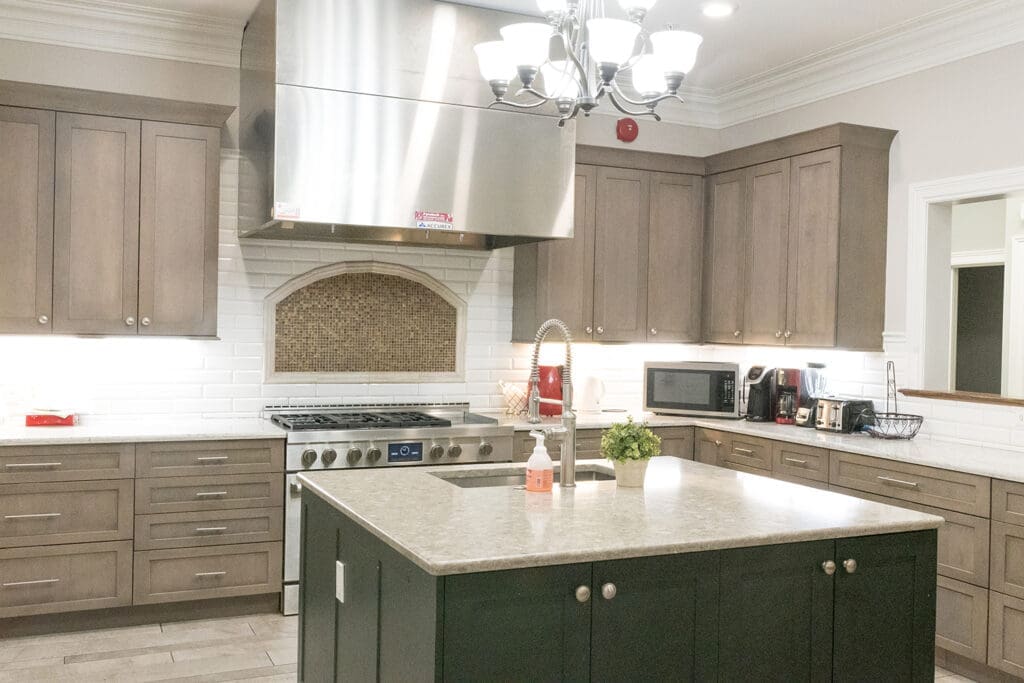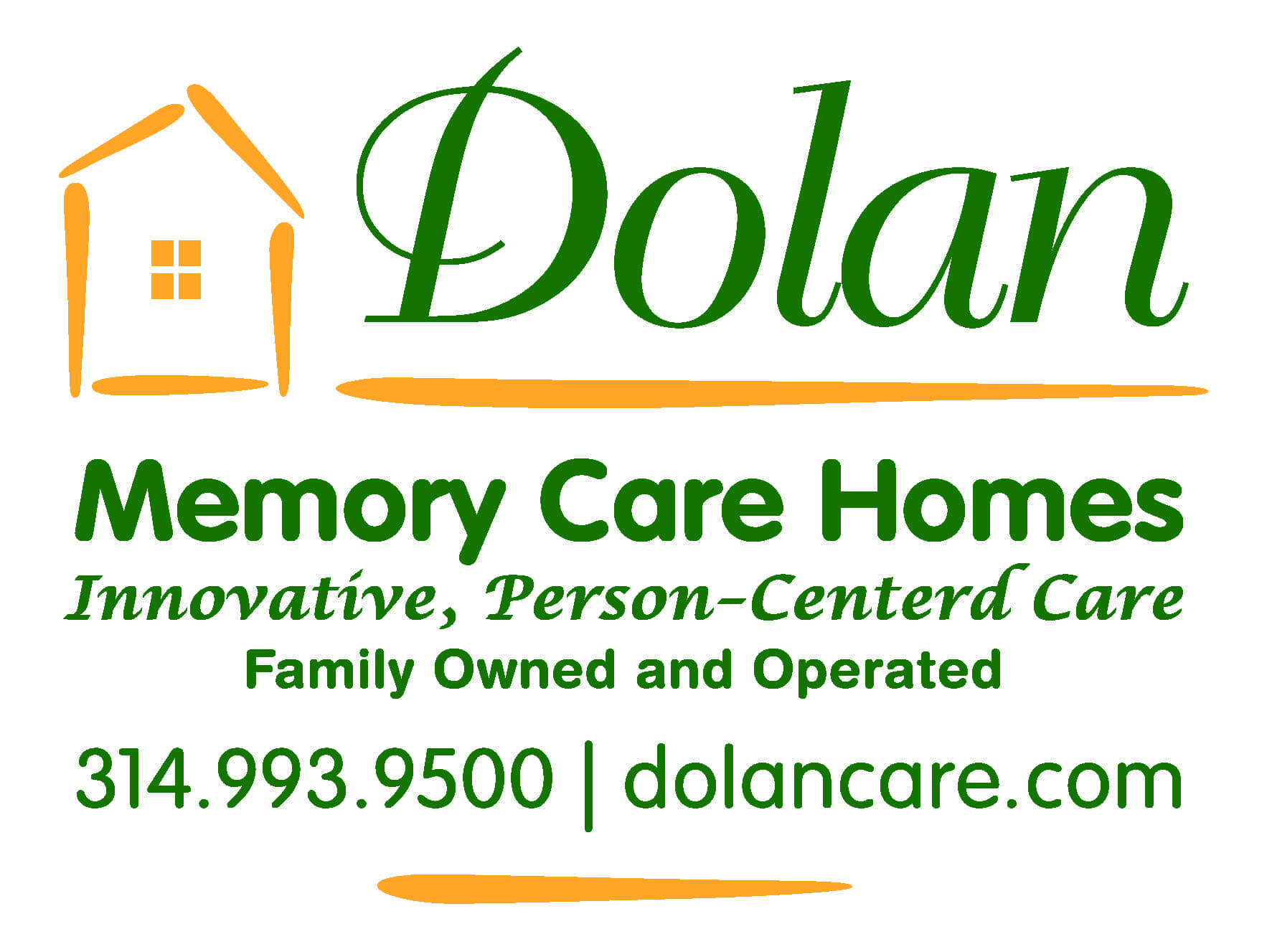Food Choices and Decision Making
Supportive Living
- Home
- Supportive Living
- Food Choices and Decision Making
Introduction
The deteriorative nature of Alzheimer’s disease often requires caregivers to assume control over most aspects of the patient’s life. Recent research suggests that the need for decision-making and a sense of control are crucial to the well-being of the elderly. Because eating and drinking are important cultural rituals, the loss of autonomy in what, when, and where to eat may profoundly affect patients with Alzheimer’s disease.
Research
This study explored ways to encourage decision-making in twenty-two patients with Alzheimer’s disease by having between-meal snacks available and visually accessible. Nutritious snacks like fruit, graham crackers, yogurt, and juices were placed in two kinds of refrigerators: a conventional dorm-type and a glass-sided model designed to increase visual accessibility. Meals and snack consumption were monitored for 120 hours to compare how availability or visibility was related to food choices and decision-making.
Results
There was little difference in the number of snacks taken from either type of refrigerator. There are a variety of reasons which may account for this. It is not known if memory loss prevented residents from recognizing these appliances as refrigerators or if the display of foods in pre-packaged containers was unfamiliar or unappealing. Some research suggests that patients with Alzheimer’s disease may be unaware of hunger or thirst. A final possibility is that caregiving can sometimes inadvertently foster excess disability and dependence.
Application
Although the needs of patients with Alzheimer’s disease vary in intensity and degree, self-sufficiency and independence can be encouraged on every level of impairment. In the home setting, patients should have the opportunity to select from a variety of healthy foods which recall past pleasures and traditions. In the long-term care setting, caregivers must explore ways in which independence and decision-making can be enhanced. Snacks should be visible, accessible and convenient, and consistent with the former lifestyles of patients (e.g., pretzels or a piece of pumpkin pie might be more appropriate than kiwi fruit or juice boxes).

Schedule A Tour
“As long as people have a need, and I can provide a place, I’ll keep doing it.”
-Tim Dolan, Founder


